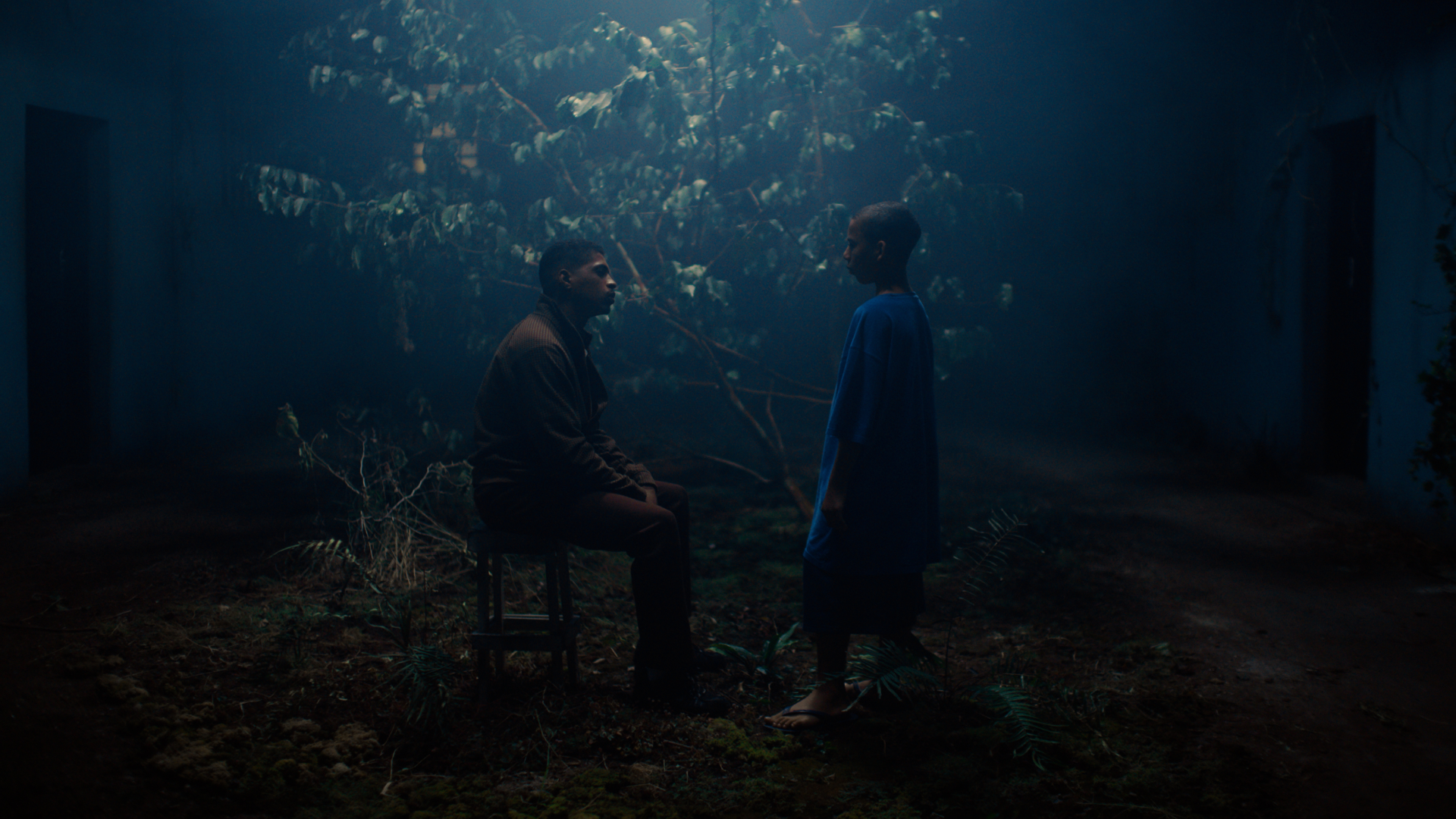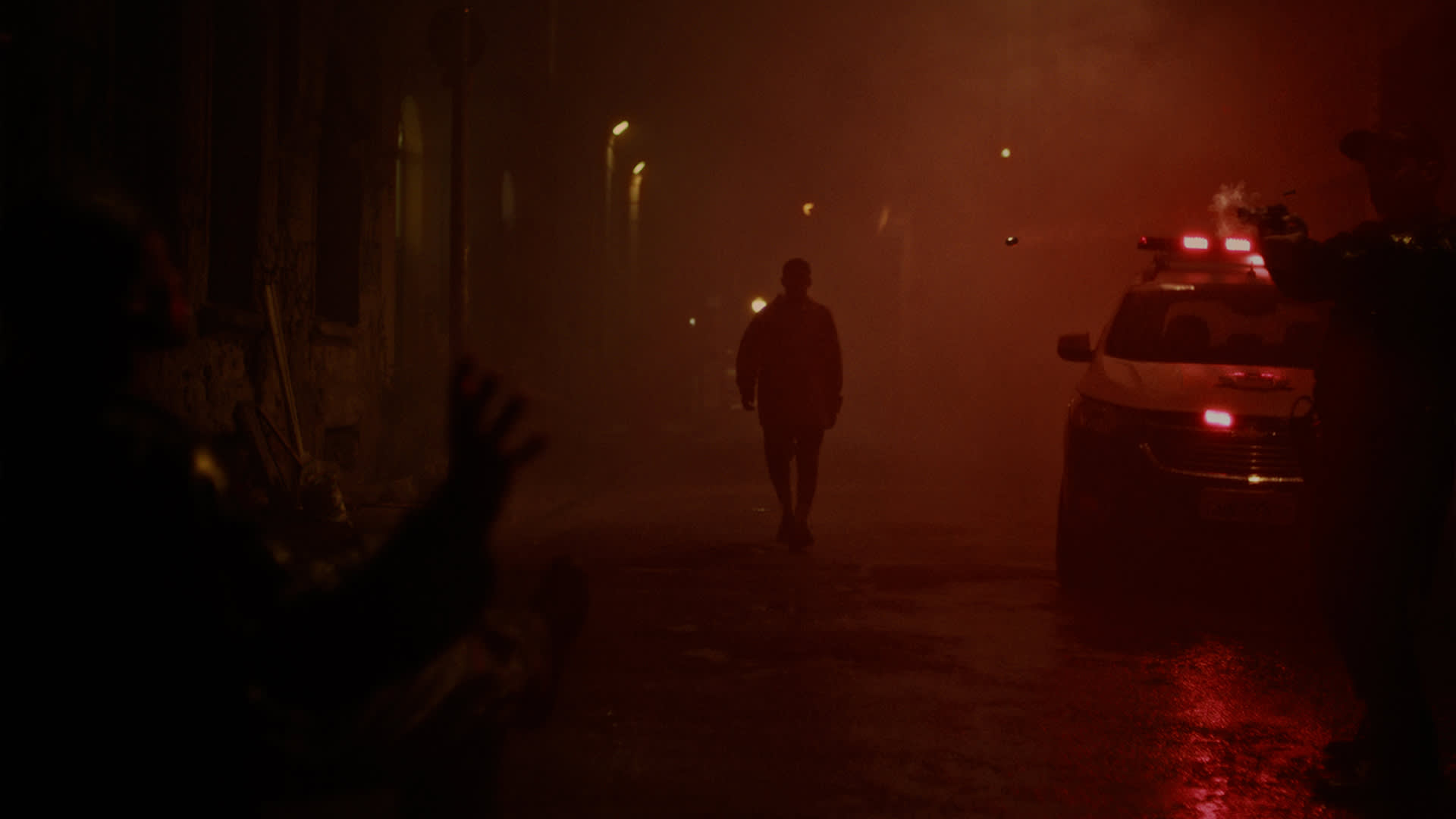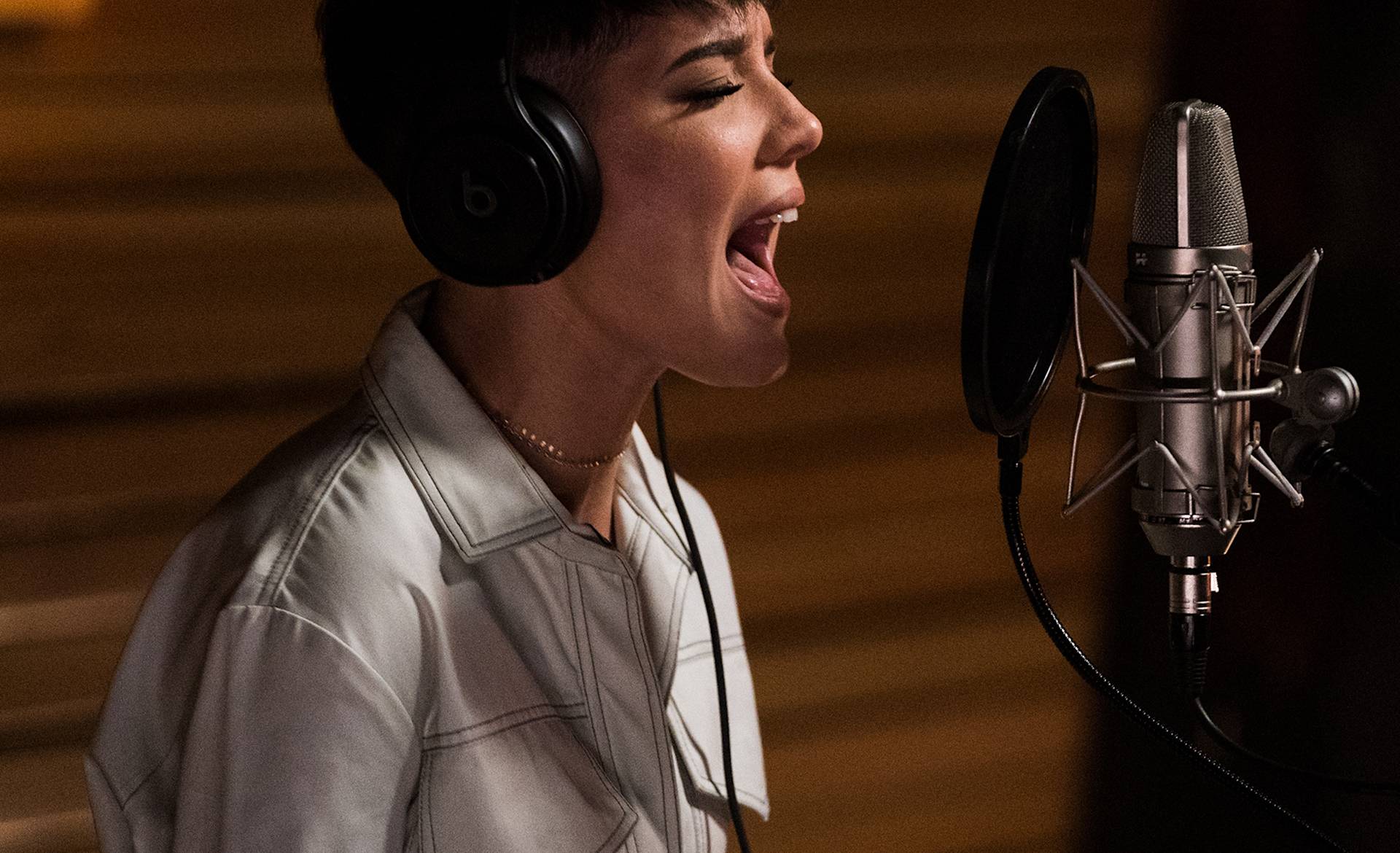Nego Bala
Sonho
The power of hope.
Insight
AKQA Coala.LAB turn Nego Bala’s story of incarceration, hope and resilience into a short-film as part of the release of his debut album.
The fifteen minute music video, set to the song Sonho (Dreams) portrays the Brazilian artist’s own experiences in juvenile detention whilst sharing a message of hope.
Idea
Never stop dreaming.
Nego Bala, was born and raised in Boca do Lixo, São Paulo, with limited opportunities. He lived on the streets, giving in to paths that looked closer and more attractive, a life of crime, but found in music his way of freedom.
Half of Da Boca do Lixo tracks were composed while incarcerated at the ages of 11 and 19 years old. The desire to release a full album gave him the strength to keep dreaming of a better future, even in the darkest of times.
No matter where you are, you have to fight and never stop dreaming. This is the message I want to send to my community with this record.
Repeating the same partnership responsible for the success of Bluesman, for the rapper Baco Exu do Blues, winner of the first Brazilian Grand Prix at Cannes Lion for Entertainment for Music in 2019, AKQA Coala.Lab crafted a variety of formats to help Nego Bala’s message come to life and reach more people.
The short film is based on Nego Bala’s life, who, at age 11, wrote the lyrics for the song Sonho (Dream) during his first time at a juvenile detention centre. With a sensibility capable of transforming tragedy into poetry and knowledge, the film has the mission of inspiring others to never stop dreaming and showing that talent exists anywhere. What is lacking is equality in opportunities.
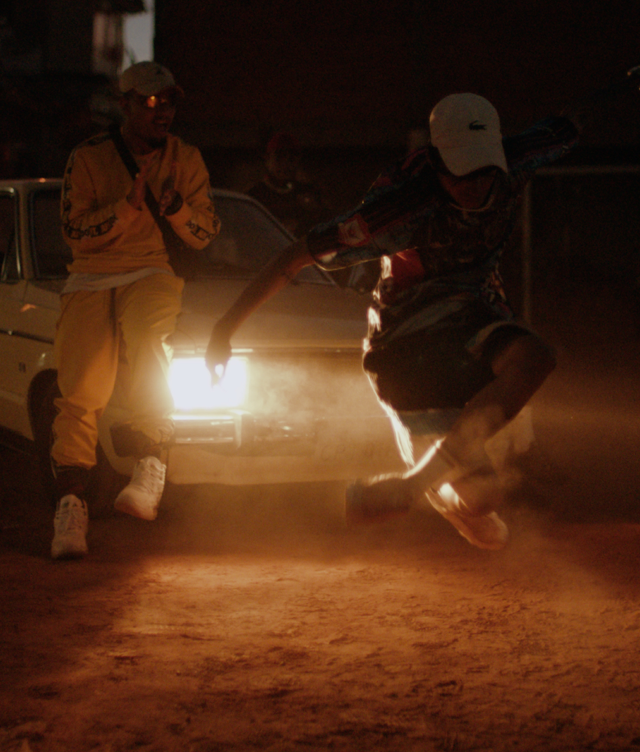

The oppressive penitentiary system takes from children the right of dreaming. But there’s no cage for talent. There are no bars for imagination.
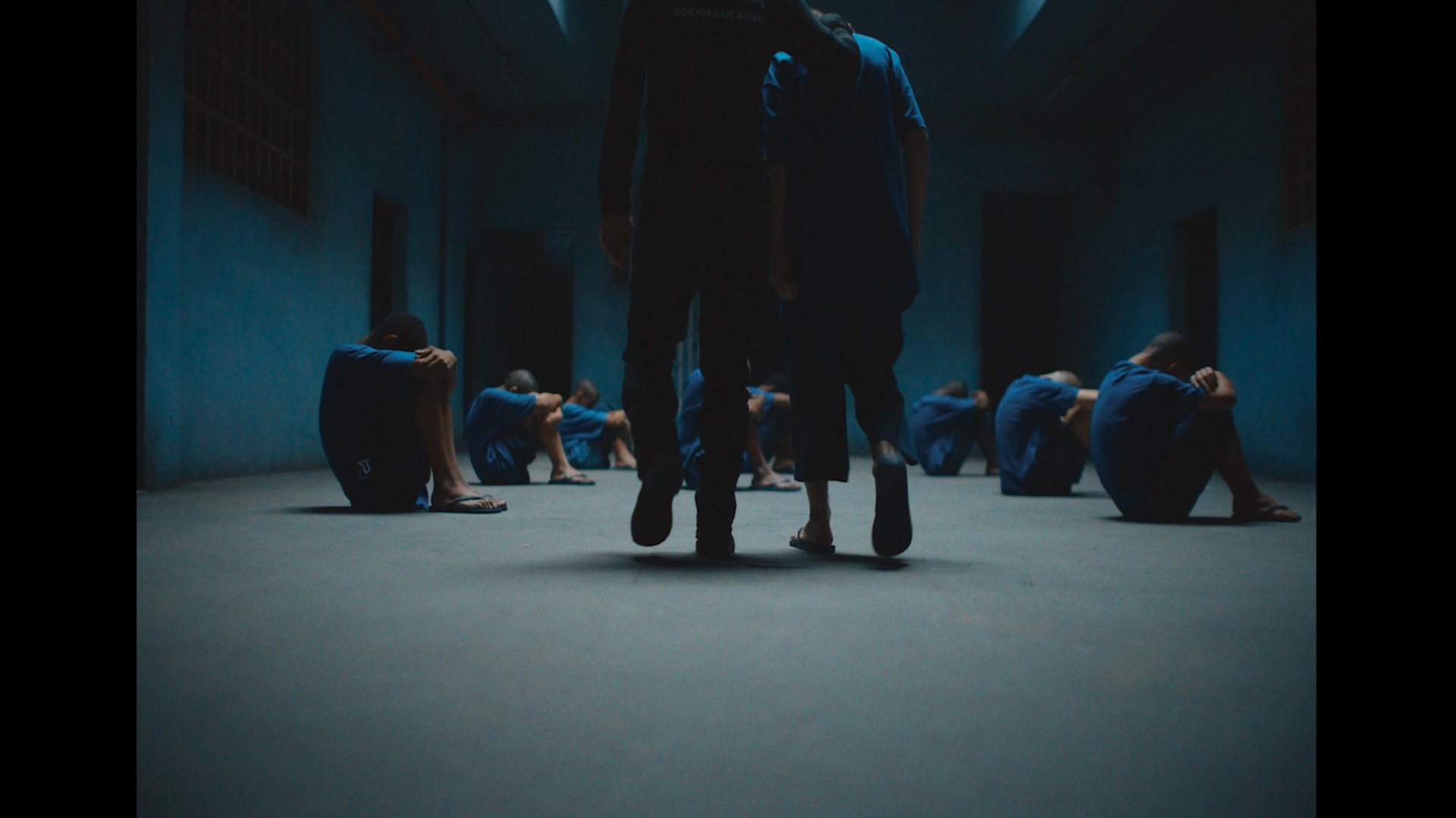
Impact
The film can be exhibited in communities, schools and in penitentiaries, to show young people that there is a better future for those who do not give up fighting for their dreams.
Christiano Vellutini, Creative Director AKQA said: “The film reflects the hardships of the daily lives of many Brazilians and uses the language of the streets to convey a message of hope. It aims to raise the self-esteem of everyone who at some point thought about giving up, especially during these times of Covid-19.”
